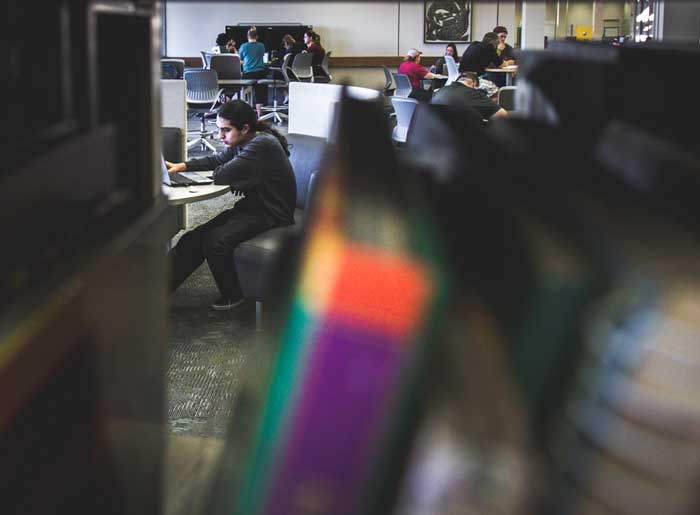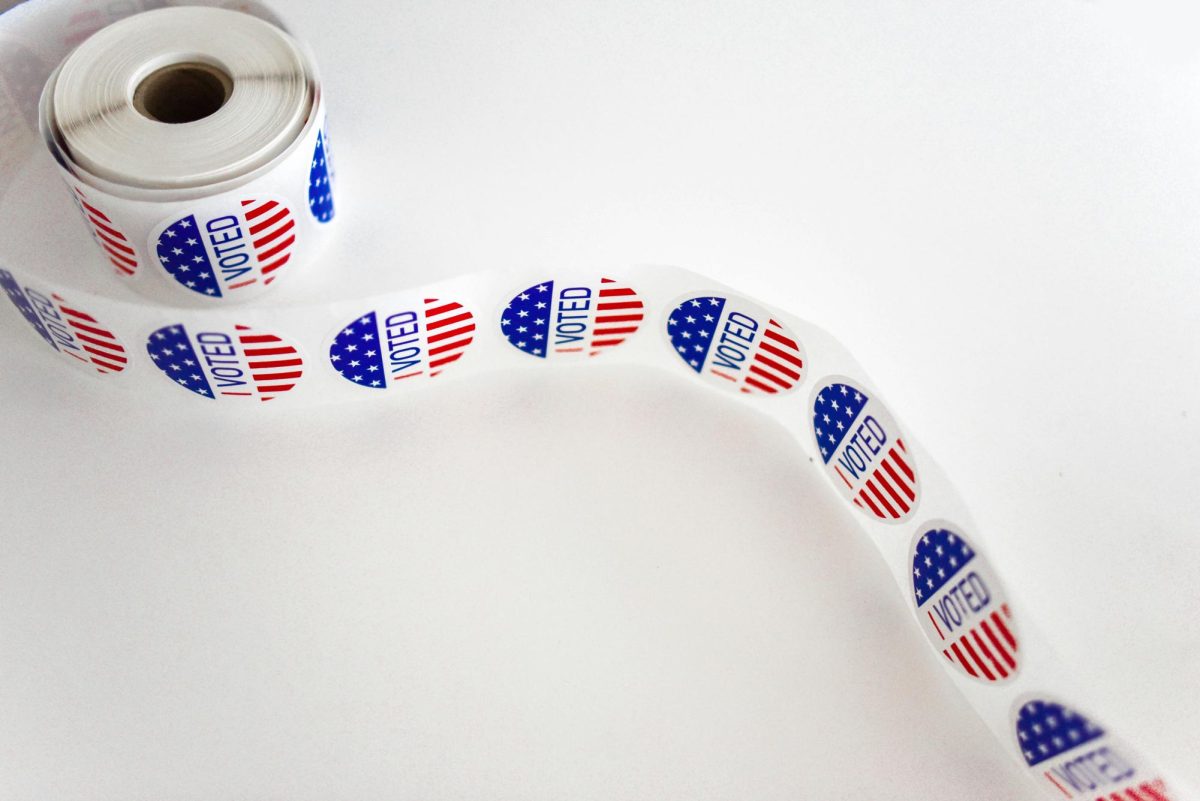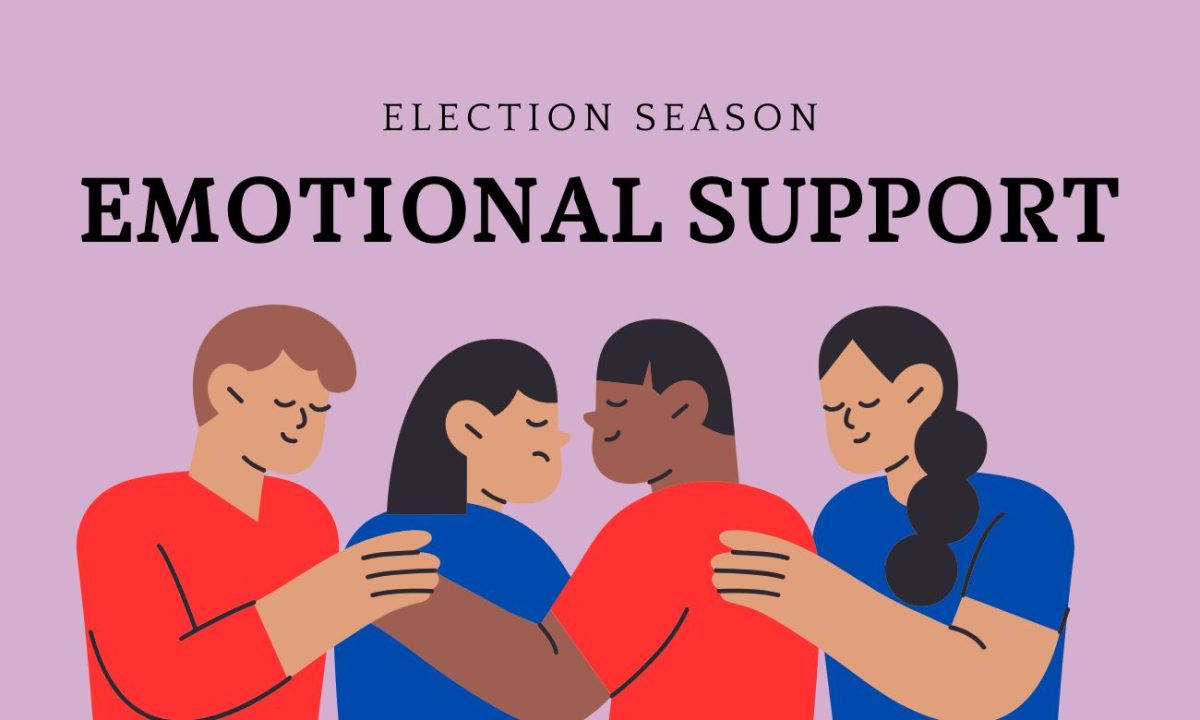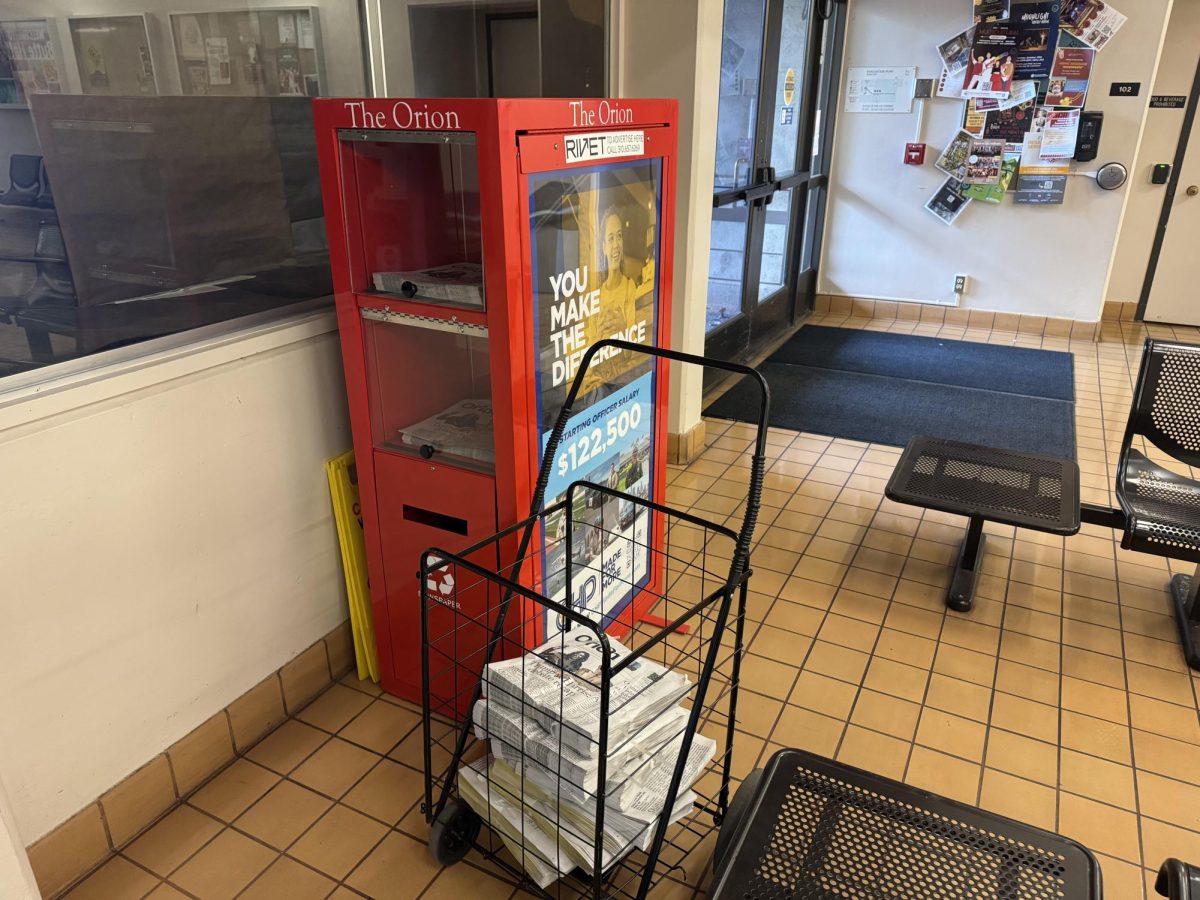
Depression rates among college freshmen are at a record high and research shows that course loads and social media could be a factor.
According to a study titled “The American Freshman,” researchers at UCLA found that 14,250 students said they felt depressed — a jump from 9,150 students five years ago.
The number of freshmen that feel overwhelmed by schoolwork and other commitments has also risen from 27.1 percent to 34.6 percent.
Depression comes in two forms — biological and situational.
While biological depression often calls for the use of drugs to fix an imbalance in the brain, therapy is used in both forms to treat the mental illness.
Starting out at a new school can be tough for students and can be a cause for depression.
“It is very easy for freshmen to develop depression,” said Ryan Leong, a Chico State first-year student. “They have to move out of the house and live on their own in a short amount of time. In some cases, freshmen leave their very close friends and have to start over again in a new environment. For me, the transition was very tough, and it was overwhelming.”
The study found that the amount of time freshmen spend with friends is decreasing dramatically, an impact of the workload and demands that students face.
In 1987, 37.9 percent of incoming college students socialized at least 16 hours per week. By 2014, 18 percent of students reported spending at least 16 hours per week socializing with friends, an all-time low.
“I would not recommend a freshman to study all the time and not have a social life or vice versa,” Leong said. “There should be a nice balance between school and social life.”
If students aren’t hanging out with friends, they’re often on social media — which can contribute just as much to feelings of loneliness and depression, according to a 2013 study titled “Envy on Facebook: A Hidden Threat to Users’ Life Satisfaction?”
The study showed a link between Facebook use and feelings of envy and frustration. The longer participants spent browsing the site, the more these feelings increased.
“People spend so much time nowadays on the Internet, especially on social media, that they see all these pictures or posts of others which makes the other person’s life seem all perfect and fun,” said Adriana Jimenez, a Chico State sophomore. “And then it makes you compare how your life is compared to others.”
But not all the findings are bad. Self-reported drug and alcohol use among those entering college for the first time is the lowest its been in the past 30 years and school-organized activities are gaining in popularity with students.
Last year, 44.2 percent of students reported that an institution’s reputation for its social activities was an important part of their decision-making process.
Chico State senior Anita Zamora, a member of the Gamma Phi Beta sorority, feels like school organizations such as clubs or Greek life can be a big help for some students looking for guidance or to meet new friends, she said.
“It has made the transition into college less stressful and easier to manage,” she said. “When you are constantly around so many sisters who want to be the best that they can, it is hard to not want to want the same for yourself.”
The Student Health Center and the Counseling and Wellness Center both have staff that can assist students who feel they may be suffering from depression.
“Situational depression can be helped through psychotherapy that focuses on disputing negative self-talk and encourages the development of skill sets that enable students to cope better with whatever struggles they may be dealing with,” said Cindy Selby, a professor in the psychology department. “Individuals who are situationally depressed are often encouraged to become ‘other-focused’ by getting involved in prosocial activities, such as volunteering to help others.”
Some students have their own solutions.
“I kept myself busy,” Leong said.
Michael McClurg and be reached at [email protected] or @MichaelMcClurg on Twitter.









